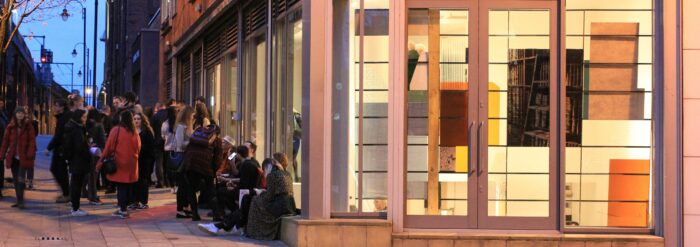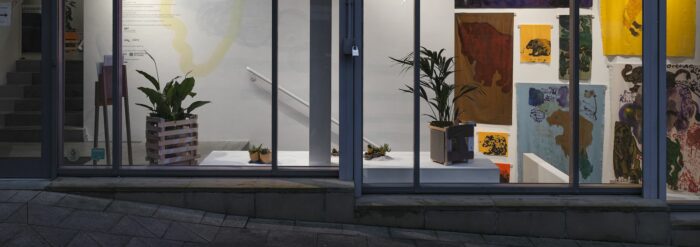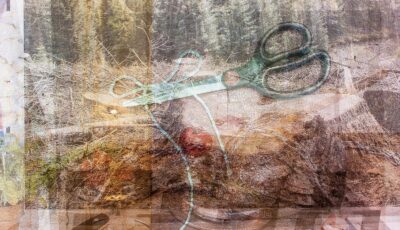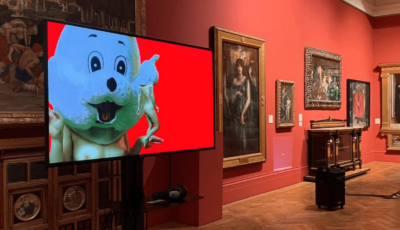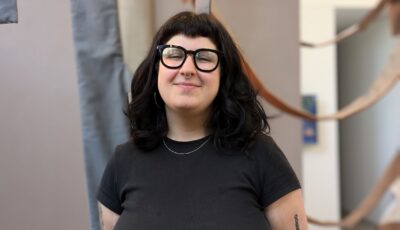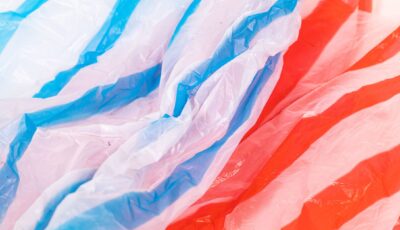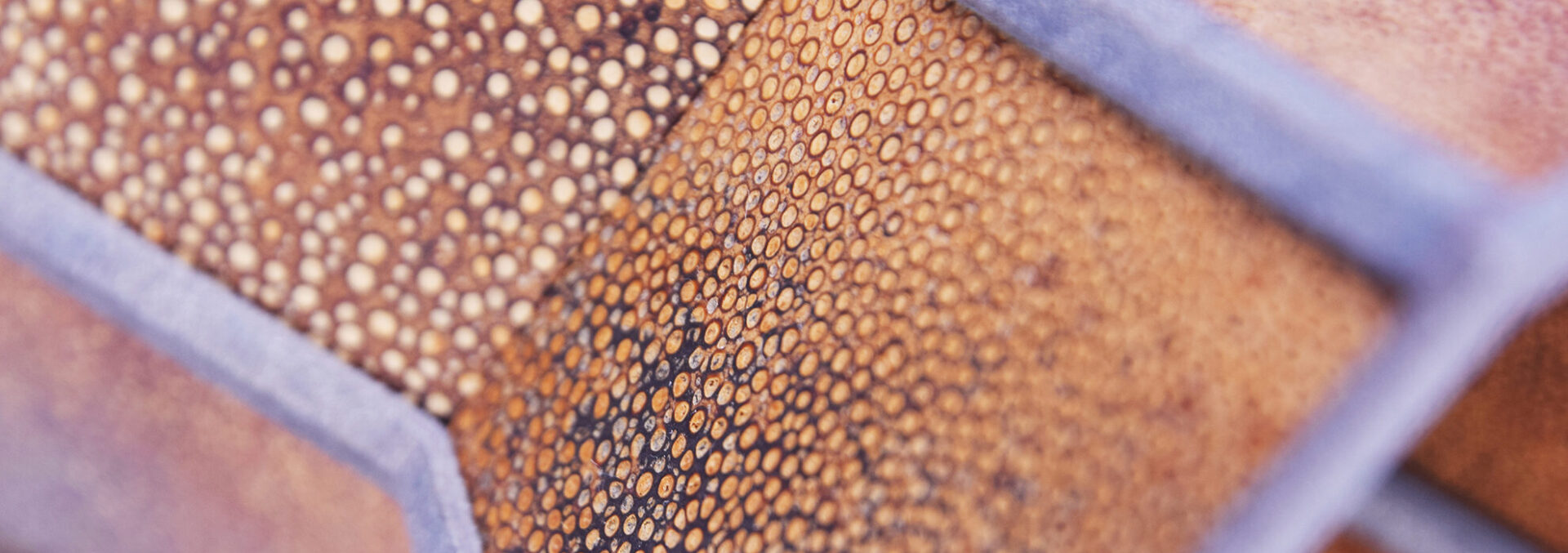
Spotlight: Artists and Sustainability – Rachael Colley
Posted on 28 September 2022
This month we’ve invited artist Rachael Colley to contribute to our ongoing series Spotlight – Artists and Sustainability, where we ask artists to share short responses about their work and how it might relate to climate change. Having given a workshop on bio plastics for Castlefield Gallery’s Material Matters event Rachael shares more about her approach to sustainability and creative practice in her responses below. Rachael produces cutlery, jewellery and sculptures from repurposed food waste. Transforming waste into traditionally precious objects, her sculptural works challenge notions of consumption and encourage reflections on the waste we generate.
Rachael is currently part of the Freelands Artist Programme, Platform21 at Site Gallery in Sheffield.
In what ways do you feel your work might relate to issues of climate change and sustainability, in the content of the work, its narrative, conceptually or theoretically. How might it speak to or challenge public discourse?
Feedback is a campaign group that aims to tackle food waste, stating that “40% of the world’s nutritious, edible food is wasted every single year.” I work with food waste to highlight aspects surrounding this issue by treating it as a precious material, something to be valued rather than discounted and discarded. My Sha-green jewellery series elevates denatured citrus fruit peel through the lens of preciousness – its transformed into a piece of jewellery, a bodily adornment usually highly valued in sentimental and/or monetary terms. It’s also possible to consider the organic materials somewhat arrested state of decay a form of carbon capture or delay, in prolonging it’s life and timescale for decomposition.
Eating is a daily activity, one in which we all share in one way or another, despite the myriad of differences experienced through diet and culture. I use food in my work to enable me to ‘consume’ it sensorially in a different way. I have ASD and the auto immune disease systemic sclerosis, both of which affect my diet and physical ability to eat. As well as raising questions around sustainability and climate change I also wish to encourage more general conversation and communication around eating, addressing my disability (my esophagus doesn’t function properly) and speaking about the challenges it poses.
With regards the materials, processes and techniques you use to produce your work, are there any practical decisions you make with regards climate change and sustainability?
Sha-green jewellery series presents food waste, in the form of discarded citrus fruit peel, as a biodegradable vegan alternative to the traditionally animal-based luxury decorative surface shagreen (ray or shark skin). It would be ideal if I was based in the south of France with a citrus fruit grove in my back garden so that I could grow and harvest my own material! Minimising the foods cardon footprint as a whole would be a good aim, avoiding shipping and eating fruit seasonally to avoid the energy needed to grow it year-round would be great.
A series of processes are used to denature the citrus fruit peel derived from traditional and more modern cooking methods, dehydrating the material and applying heat. The energy used to transform it through these processes is often overlooked and it’s hard to clearly calculate the amount used when working in a general studio or from home. Although I have a green energy supplier and use renewable electricity to power the process, I feel it could be so much better. It would be good to create more connections in generating energy to power the processes by using food or food waste – either biomass powered/heated somehow or through human-powered electricity generation.
In general, how do you feel galleries, art spaces, artworks and artists, might be able to contribute, what if any role do you feel they can play in a progressive conversation?
It’s important that we work together to continue creating, exhibiting and promoting work which is more consciously questioning the issues around sustainability and climate change to explore ideas and the potential for change. Opportunities for meaningful conversation to help initiate these changes can be generated through workshops, as the Material Matters workshops held at Castlefield Gallery on Sunday 31 July 2022. Workshops help to carve out specific time and space to focus on and explore the issues together, through materials and making, creating impact by engaging with others in a more prolonged and meaningful way.
Are there any tips or advice, anything you have learnt you might want to share with other artists or our audiences?
Considering climate change can be overwhelming and at times it feels as though there is very little you can do to help, as an individual. However, I believe that small changes to our lifestyle and consumption, if taken on by others too, can help create significant and lasting change.
Image: Rachael Colley, Sha-green series, detail (2021).
